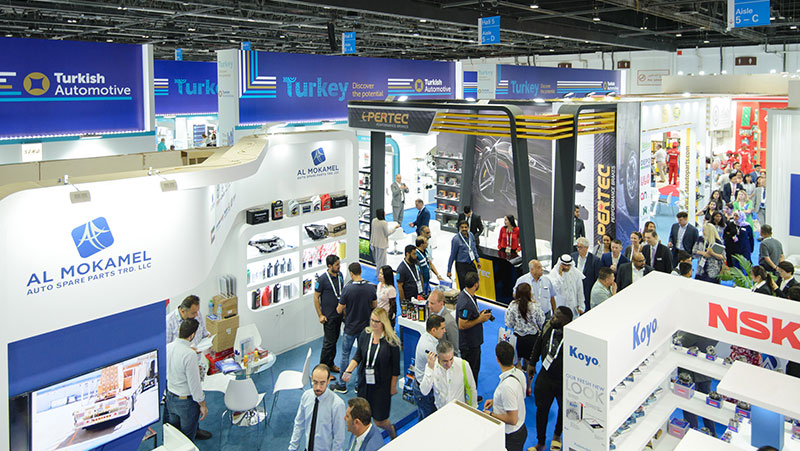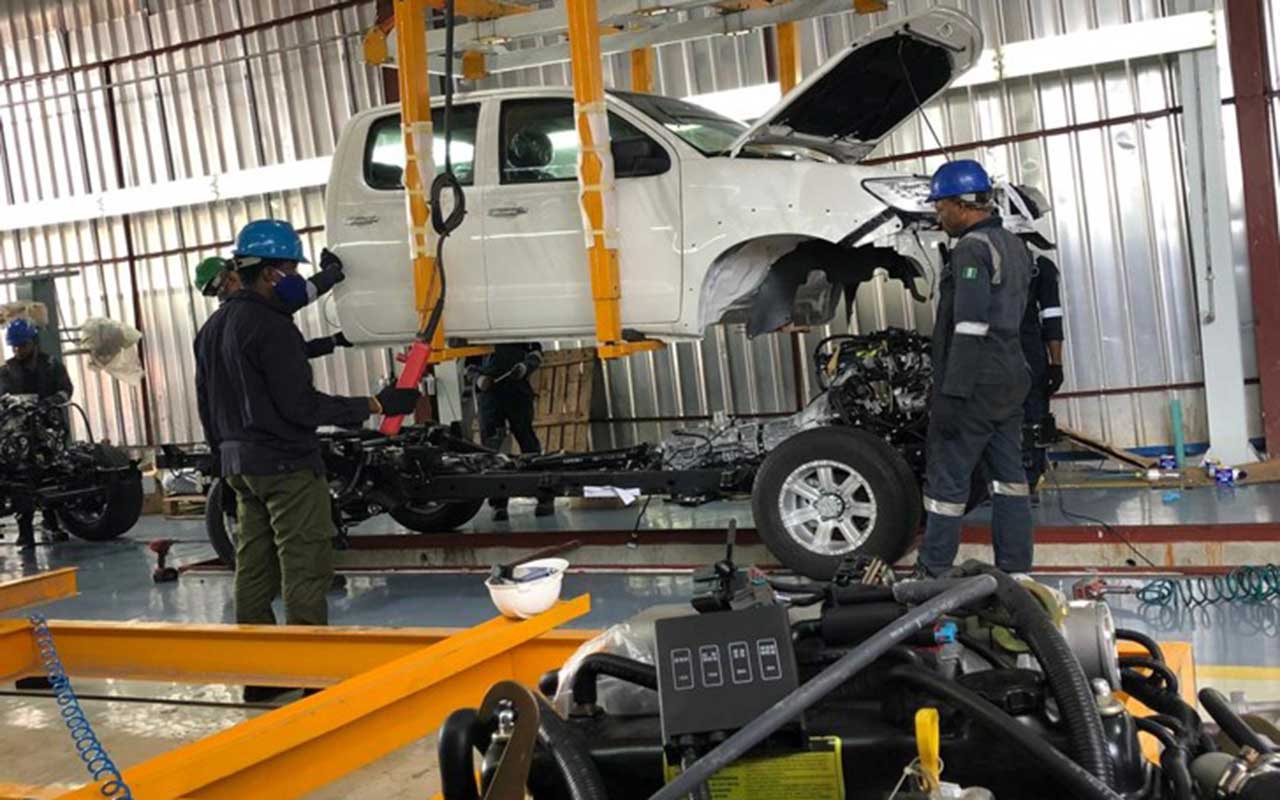The lingering non-passage of the Automotive Policy into law is discouraging original equipment manufacturers (OEMs) from investing in Nigeria’s local assembly plants.
This was the position of the Director-General of the National Automotive Design and Development Council (NADDC), Otunba Joseph Osanipin, in a keynote at a summit held by the Lagos Chamber of Commerce and Industry (LCCI) Auto Sub-Sectoral Group held on Wednesday.
Osanipin explained that the NADDC said the prolonged delay in the bill’s passage had stalled critical investments and slowed down sectoral growth.
He, however, applauded President Bola Tinubu for his commitment to the development of Nigeria’s automotive sector.
He said, “The NAIDP has been our roadmap for developing Nigeria’s automotive industry. But the inability of lawmakers to pass the comprehensive report into law has been a major hindrance.”
According to him, NADDC has recorded notable achievements, including the establishment of 18 training centres across the country and the training of over 30,000 technicians to enhance local expertise.
He warned that without a legal framework, issues such as uncontrolled importation of used vehicles and lack of credit schemes would continue to undermine the industry.
“Nobody wants to commit their money into the auto industry without adequate legislation to protect their investment,” he noted.
Also, National Coordinator, Local Content Manufacturing of the Automotive Local Content Manufacturers Association of Nigeria (ALCMAN), Chief Anselm Ilekuba, described Nigeria’s automotive industry as a key building block of economic growth.
He regretted that the absence of enabling legislation had continued to erode investor confidence and hinder its development.
He reiterated the commitment of the association towards resuscitating the local content manufacturing sector of the Nigerian economy.
He further lauded Tinubu’s commitment towards the local auto sector through the efforts of the current Director-General of the NADDC.
Like Osanipin, Ilekuba lamented that the continued delay in passing the NAIDP bill into law was discouraging investments and slowing down industry growth.
“Without the passage of the NAIDP bill, investment will continue to erode the Nigerian auto industry. Stakeholders must continue to advocate for its passage because once passed, we will see effective development in the auto industry,” he stated.
He also decried policy inconsistency, stressing the need for legislation that protects local component producers and guarantees their investments.
Besides, President and Chairman of the Council of LCCI, Gabriel Idahosa, commended NADDC for its commitment to industry growth and urged immediate action on policy refinement.
He called for a balanced tariff structure, warning that further delays would worsen unemployment and weaken local production capacity.
Similarly, Chairman of the Automobile and Allied Services Group of LCCI, Femi Eguaikhide, emphasised that proper legislation and increased investment could transform the Nigerian auto sector into a major foreign exchange earner.
“This symposium is about addressing the challenges from the non-passage of the NAIDP Bill and exploring strategies to boost local manufacturing,” he said.
During the interactive session, National Operations Manager, Mikano Motors, Syam Abdulkadir, identified legislation as the sector’s biggest obstacle to industry growth.
He asserted that “once that is taken care of, every other thing will fall into place.”
Deputy Managing Director of CFAO Mobility Nigeria Ltd, Otunba Adekunle Jaiyesimi, highlighted the effect of exchange rate disparities on vehicle affordability, citing neighbouring Benin as an example where auto loan schemes support easier vehicle acquisition.
He urged the NADDC to deepen engagement with local representatives of vehicle manufacturers to drive faster policy outcomes.
Also contributing, Assistant Comptroller of the Nigeria Customs Service (NCS), Limai Oluwakemi, representing the Comptroller-General of Customs, Bashir Adewale, reaffirmed the customs’ commitment towards supporting local content in the automotive industry and enforcing the Federal Government’s “Nigeria First” policy through inter-agency collaboration.






